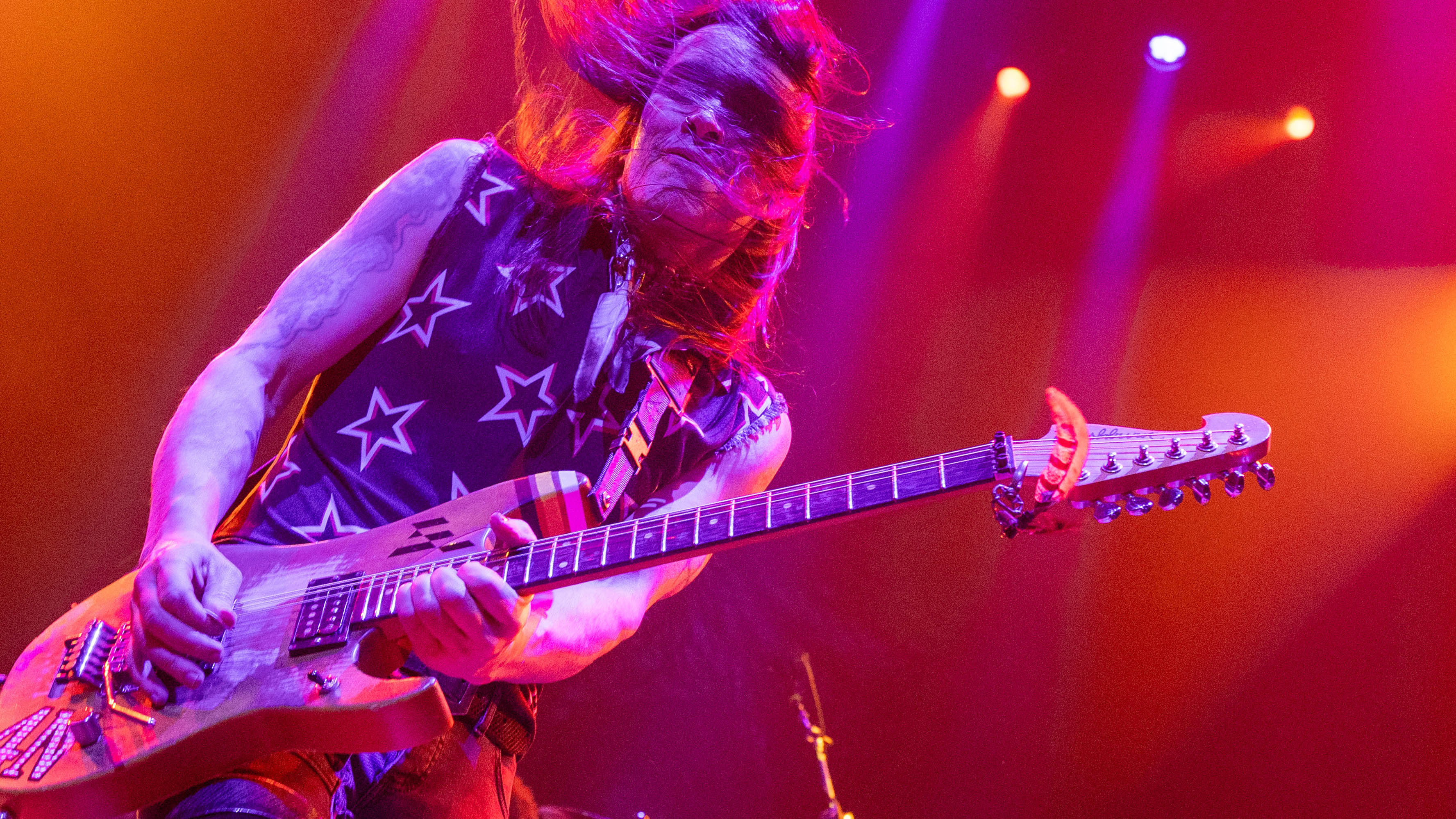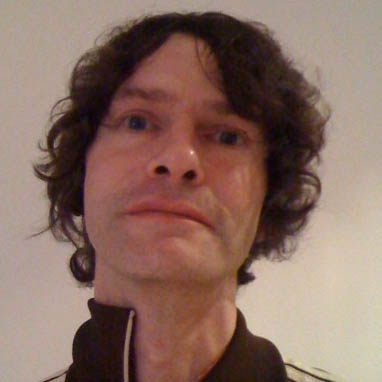"Everybody’s worried and everybody’s scared... I love it, man. I’m, like, bring it on": Nuno Bettencourt on why he’s not afraid of AI, as Dream Theater's Jordan Rudess says it "made me a better player"
It’ll never replicate rock n’roll’s human imperfections, the Extreme man reasons

The debate about AI in music continues to rage and this week members of two very different heritage bands have been sounding off about the challenges and opportunities it presents to musicians.
Extreme main man Nuno Bettencourt has told Spanish magazine Metal Journey how he believes AI is unlikely to be a game changer in the field of rock.
"Everybody's worried and everybody's scared, about how it's gonna change anything. I love it, man.
"You know why I love it? I'm, like, bring it on. Do more of it. Because what that does, the people who do that and use it and think they can emulate emotion, the bigger, to me, rock and roll is gonna get.”
“Because rock and roll, if you notice - look at all the technology that's happened since the 1930s, everything from telephones to television, to cell phones, to computers...what has changed in the guitar? Nothing. What has changed in a drum set? Nothing. What has changed in a bass guitar? Nothing. A microphone."
He argues that as rock n’ roll is ‘broken’ as an artform, AI is unlikely to be able to replicate its glorious imperfections.
"Rock and roll, to me, is always there because it's broken. It's not artificial. It's not perfect. It's all the imperfections, is what makes us shine. It's the danger of it. AI can do all you want - write lyrics, write songs, even record, to do whatever - but it's always gonna sound sterilized, even when they try…”
Want all the hottest music and gear news, reviews, deals, features and more, direct to your inbox? Sign up here.
Meanwhile Dream Theater keyboard magus Jordan Rudess has been talking AI in an interview with Devin Townsend on the prog metal guitarist’s podcast.
"I think that there's a lot to be said about not only the creation of music through artificial intelligence but maybe even more so about being involved in it... if you know about it, you're deep inside of it, you have information, then you can actually embrace it and become emotional, maybe even more emotional with it."
He explained about his own experience working with a programmer and finding an AI application that successfully replicated his own playing style.
Rudess did add though, that even though he found this "scary", that “in doing it, it was a chance for me to really look at my style, and really study what it is that I am doing.
"What happens when I play a little arpeggio, and then I come down in a blues scale? Where do I go usually, what kind of intervals do I play, even why do I do that?"
"So, I think this was a learning process for me. I think it kind of made me a better player. I get to really study what's going on."

Will Simpson is a freelance music expert whose work has appeared in Classic Rock, Classic Pop, Guitarist and Total Guitar magazine. He is the author of 'Freedom Through Football: Inside Britain's Most Intrepid Sports Club' and his second book 'An American Cricket Odyssey' is due out in 2025.
- Will SimpsonNews and features writer